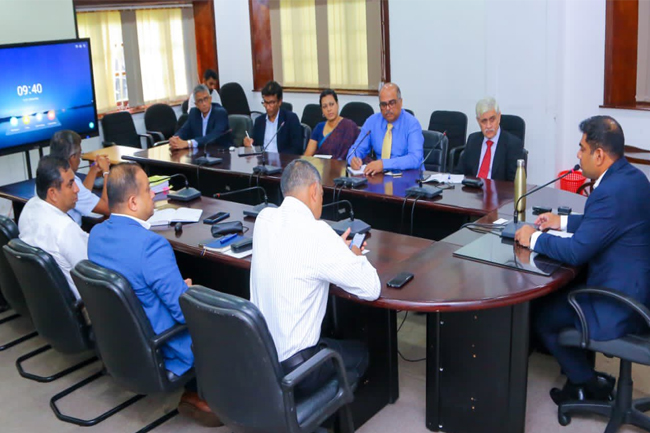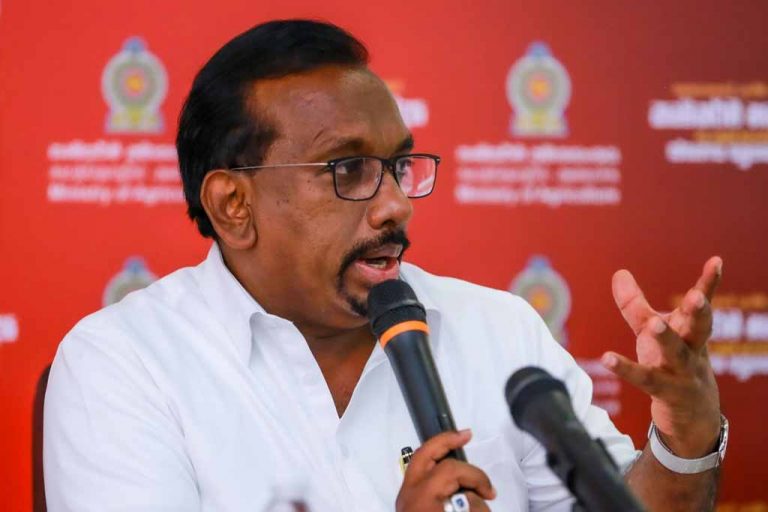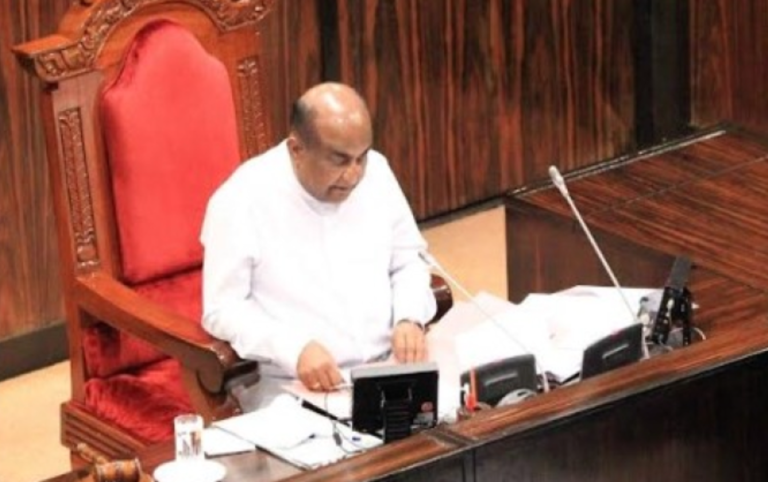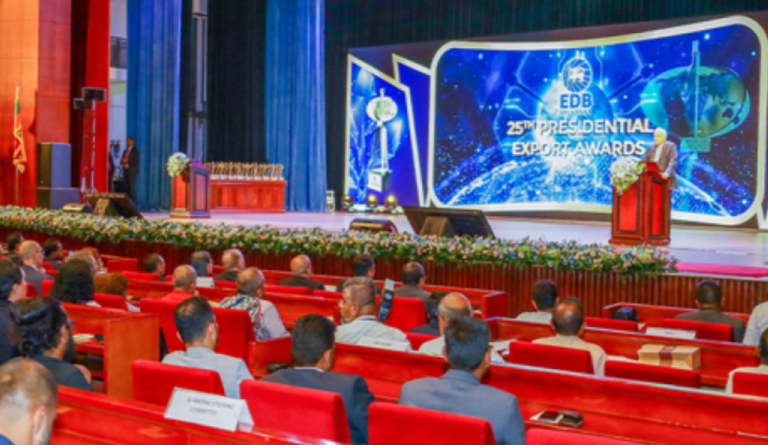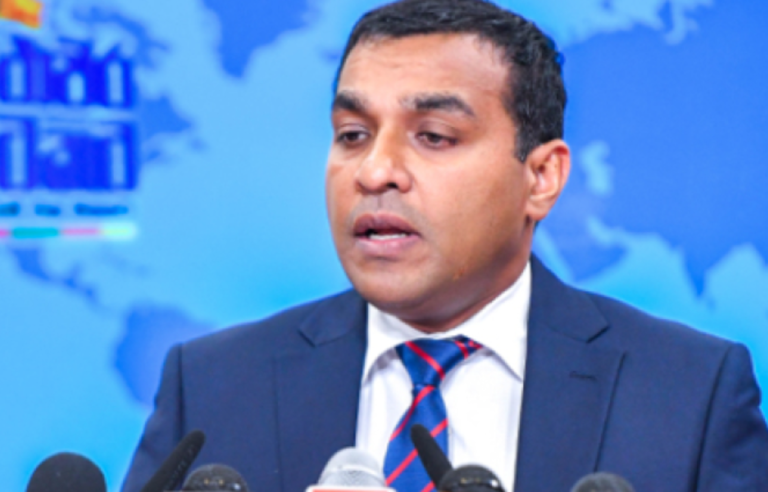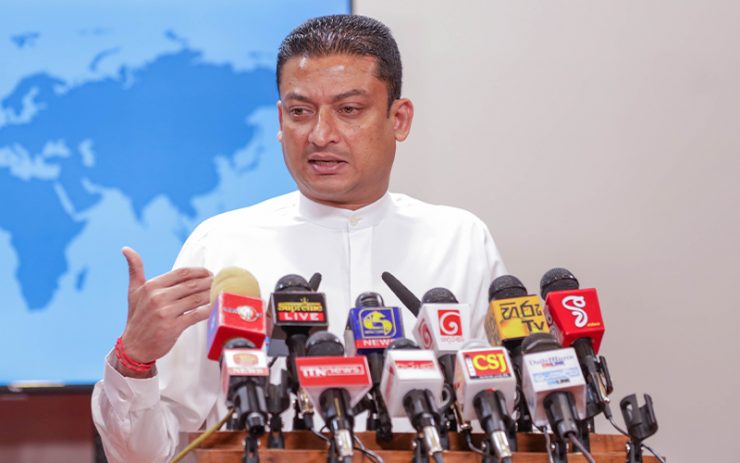By: Staff Writer
Colombo (LNW):The Asian Development Bank (ADB) has recruited and extended the services of several experts to assist in the reform process of Sri Lanka’s electricity sector.
Minister of Power and Energy Kanchana Wijesekera, on Wednesday (22 Nov.), met with officials of the reform secretariat, to discuss the next steps required to be followed for the reform process.
Accordingly, the Minister stated that ADB has recruited and extended the services of Dr. Pankaj Batra, former Chairman of the Central Electricity Authority of India to assist the Reform Secretariat on the National System Operator, along with Prof. Arosha Adikaram, Chair of the Human Resources Department, University of Colombo to assist on the Human Resource Management of CEB.
The services of ADB Executive Consultant Debasis Mohapatra, too was extended to consult on institutional strengthening.
“We discussed the observations made by the President, Cabinet Ministers, Development Agencies such as ADB, JICA, World Bank, USAID, the inclusion of regulations necessary for a smooth transition, consumer protection laws, constitutional requirements, tariff regulations, before gazetting & presenting in Parliament for approval”, Minister Wijesekera said in this regard, in a post on X (formerly Twitter).
The Sri Lankan government is preparing to introduce a new legislation that would establish independent corporate entities responsible for activities related to electricity generation, transmission, distribution, trade, supply, and procurement, already performed by the Ceylon Electricity Board.
The draft bill received the green light from the cabinet recently, and it will be presented to parliament in the near future.
The bill aims to establish independent corporate entities responsible for activities related to electricity generation, transmission, distribution, trade, supply, and procurement, already performed by the Ceylon Electricity Board.
Entities will be set up in a manner in which they can be registered under the Companies Act. This move is to be done with the aim of attracting new investments and creating market competition.
It also proposes for the establishment of a National Electricity Advisory Council, while the Public Utilities Commission of Sri Lanka will serve as the regulator of the electricity sector.
The bill also proposes the implementation of timely, legal, structural, oversight, and market-based changes to ensure the financial self-sufficiency of the corporate entities.
This includes the adoption of a cost-reflective and transparent tariff system, improved financial and resource management, and enhanced accountability and oversight measures.
It also proposes the promotion of private sector investment in the electricity industry through stock market listing, and public-private partnership modalities.
It also places emphasis on the government’s commitment to decarbonization goals, climate change policies, and the use of renewable energy sources.


